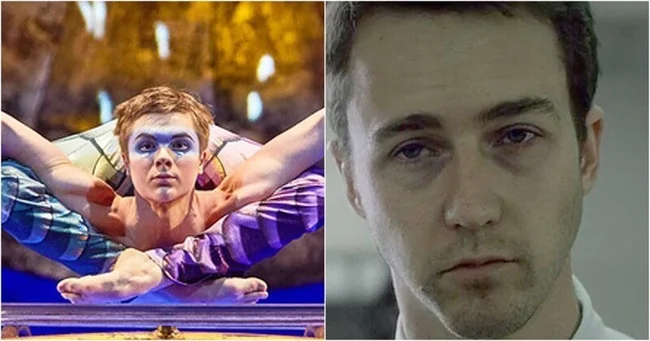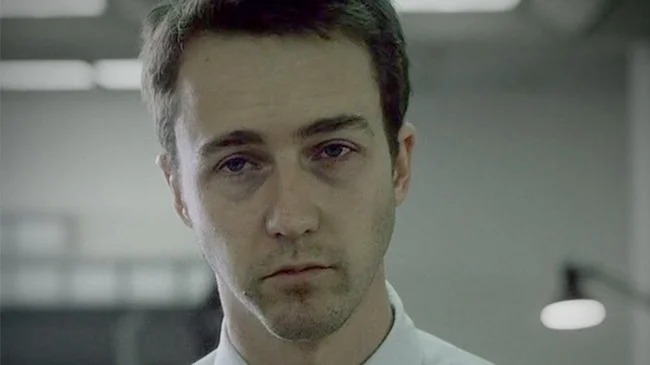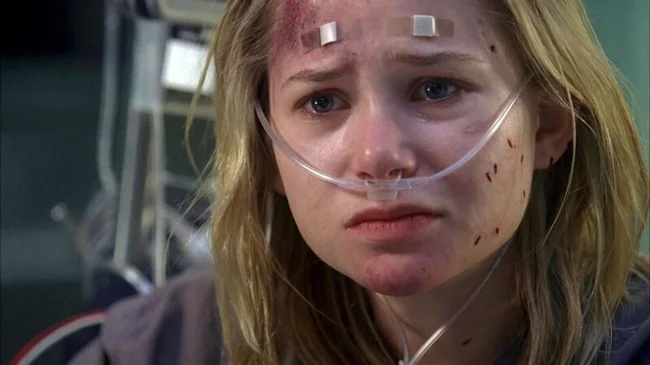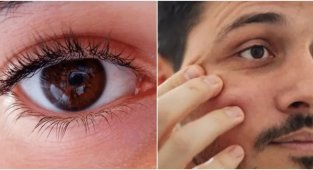Surely each of us at least once in our lives wanted to be able to stay awake for days, or to forget about any pain forever... 
Movies about superheroes often push us to think: which of their superpowers would you like for yourself? Teleportation, telekinesis, quick recovery, invisibility... It would be useful in everyday life! And among us there are people who have real superpowers.
Without sleep 
How sometimes you wish there were more hours in the day... How often do you have to sacrifice sleep for the sake of work or family? And hence lethargy, chronic lack of sleep, headaches.
Schoolboy Randy Gardner in 1965 entered the Guinness Book of Records for the number of hours without sleep: he did not sleep for 11 days. But no one recommends repeating this record - after all, such a long stay without sleep can threaten severe mental disorders and even death.
One of the main causes of lack of sleep is a group of prion diseases. They appear due to changes in the structure of normal membrane proteins, which are precisely called cellular adhesion proteins. Their function is still unknown, but disturbances in these proteins cause incurable processes in the brain.
One of the diseases is fatal familial insomnia. There are now 40 families known to suffer from this disease. The disease manifests itself between the ages of 30 and 60 and leads to death after 7-36 months. After the disease manifests itself, a person completely loses the ability to sleep. This condition is short-lived and gets worse quickly.
They usually treat with gene therapy, but sleeping pills have no effect, because it is not the sleep processes that are disrupted, but its mechanisms are completely destroyed.
No pain 
Analgesia is a very rare disorder, with approximately 20 people suffering from it worldwide. It would be nice not to know what pain is, even for a minute, right? Not from abrasions, not from fractures, not from anything at all. They just got up and moved on. But pain is our defense system, which sends signals about danger that threatens the body.
A person suffering from analgesia does not feel the difference between hot and cold, sharp and blunt objects, and does not feel joint and muscle pain. All this can lead to a large number of abrasions and serious injuries. Moreover, such patients do not have the ability to thermoregulate and the ability to recognize and sense odors. This disease can lead to mental retardation.
Hyperflexibility 
The performances of athletes sometimes simply fascinate us; it seems that their movements and numbers come to them very easily. But even with a similar level of training, not everyone will be able to repeat the program. Why? Because imperfections in the structure of connective tissue allow their owners to be more flexible. Behind all this are groups of acquired and hereditary diseases, the consequences of which may be unnoticeable, or may turn out to be very, very serious.
A number of conditions are called hypermobility syndrome and are caused by genetics. These are defects in fibrous structures and the basic substance of connective tissue, and this leads to disruption of systems and organs.
People with hypermobile joints usually become successful athletes, world artists, and excellent dancers. Well, in general, in all areas where special flexibility is required when performing exercises, creative numbers, and tricks. But the downside of this ability is frequent dislocations and subluxations of the joints, and instability of the joints.
Martin Fourcade and his mutated iron metabolism gene 
Moreover, if the mutation affected both chromosomes, he would be seriously ill and would not even be able to dream about sports. But since only one chromosome mutated, while the other remained intact, this led to an improvement in blood parameters: it can now carry more oxygen.
This anomaly allows Marten to recover faster (relative to other men of the same age and physical characteristics) and be faster. Among his colleagues, he is a superman with enhanced regeneration.
0 comments





